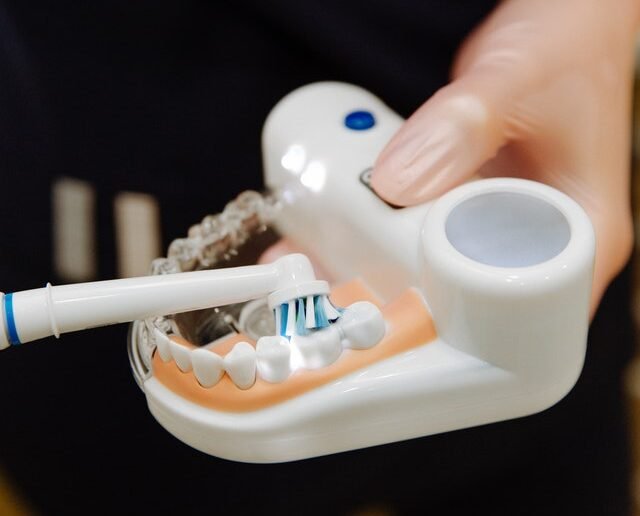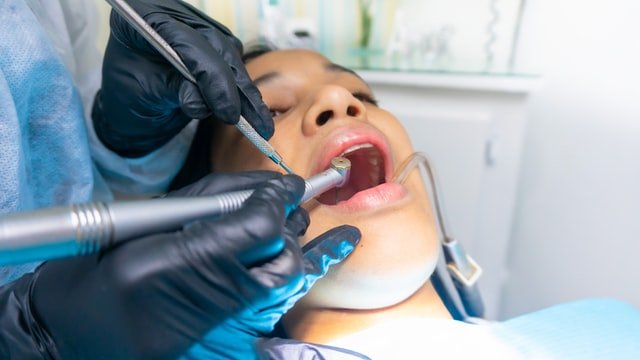Gum Disease Fast Facts
- Gingivitis can be easily prevented at home with proper oral care.
- Brushing your teeth and gums can help defeat bad breath (halitosis).
- Lots of food particles and bacteria can live in your gums and tongue.
The health of your gums is imperative to your overall dental health, the gums can also have a big impact on your general health as well. If you’re only concerned about keeping your teeth cleaned then you are only fighting half the battle.

Why should I care about healthy gums?

Should I worry about gum disease?
There are a lot of dental health issues that you may only notice when it is too late to reverse them, gum disease, however, has two stages: gingivitis and periodontitis. Gingivitis is incredibly common among patients who may not even realize they have it.
Signs & Symptoms of Gingivitis
The signs and symptoms can be very subtle, but if you know what to look for these early indications are worth keeping track of:
- Inflamed
- Tender
- Red
- Swollen
- Prone to bleeding
- Unexplained bad breath (or taste)
- Teeth that feel loose
- Receding gums
If you’re paying attention to your gums and spot any of these issues occurring, keep track of the frequency and intensity. If your gums are swollen and bleeding for a day and then it goes away, it was probably temporary, if they continue for more than a day, or it seems more intense than usual, you could be suffering from gingivitis.

How to treat gingivitis
If you have minor symptoms, maybe you notice some blood or redness after your done brushing, generally this is a sign your oral care needs to be improved. If you increase the frequency, or overall care of your teeth and gums, the issues will likely go away after a week or two.
A good oral health care routine will consist of these steps.
- Floss – Do this for every tooth (should generally take about 1-2 minutes).
- Brush – Spend at least 30 sec on each quarter of your mouth, gums, and tongue.
- Mouthwash – Use the recommended dosage, swish it vigorously around your mouth.

What is periodontitis?
Periodontitis is an advanced form of gingivitis, it means your gum disease has gotten bad enough that the infection has reached the bone and other structures. This can be detrimental to dental health since you can loose teeth and you may not have suitable structures for dental implants.
Is Periodontitis treatable?

Looking for more ways to prevent gum disease?
Quit Smoking or chewing tobacco
Regular dental checkups
Even though gingivitis has some of the most visually obvious signs and symptoms, the patient may not recognize it as an issue or be familiar with how serious it can be. If you’re visiting your dentist every 6 months consistently, they should be able to give you an early alert if you’re experiencing gingivitis, or your dental care could be improved.
Brush your gums and tongue
Your teeth aren’t the only place where bacteria and food particles can hide. Your gums and tongue have lots of surface area compared to your teeth, especially on a microscopic level. All this extra real estate can house lots of harmful enemies for your teeth. When you brush your teeth, it’s best to spend the same amount of time on your teeth, as on your gums and tongue.
Use oral care products containing fluoride
Frequently Asked Questions
Generally, it is not. Unless it’s advanced, or turns into periodontitis. If you are experiencing any of the symptoms listed above on a regular basis, you should make an appointment.
We recommend 2 times a year, if needed, this can be increased.
There are options such as deep cleaning, and even surgery. If the disease is severely advanced, it will depend on how severe it is.


